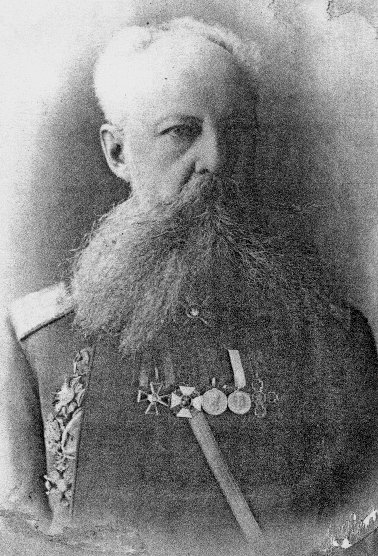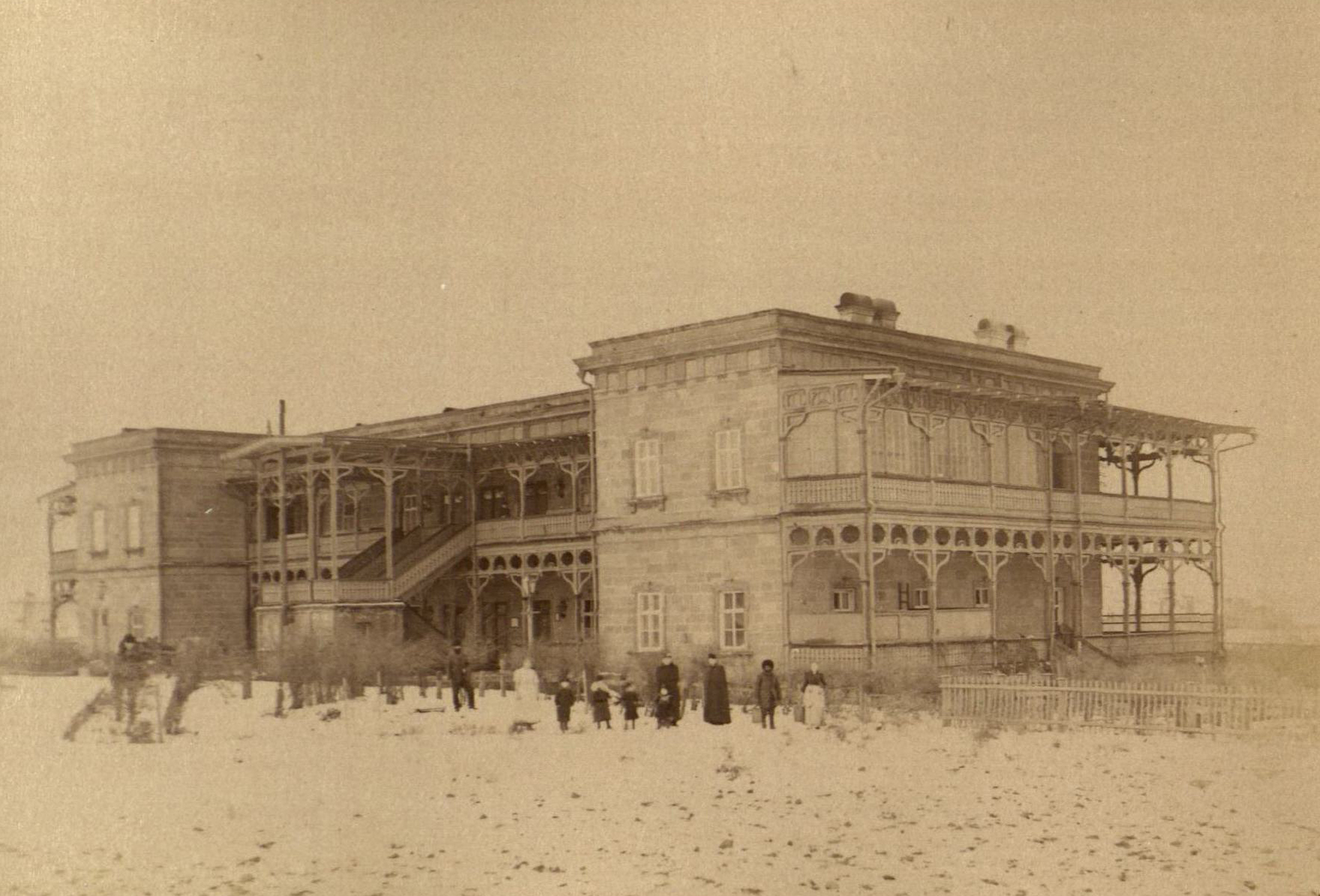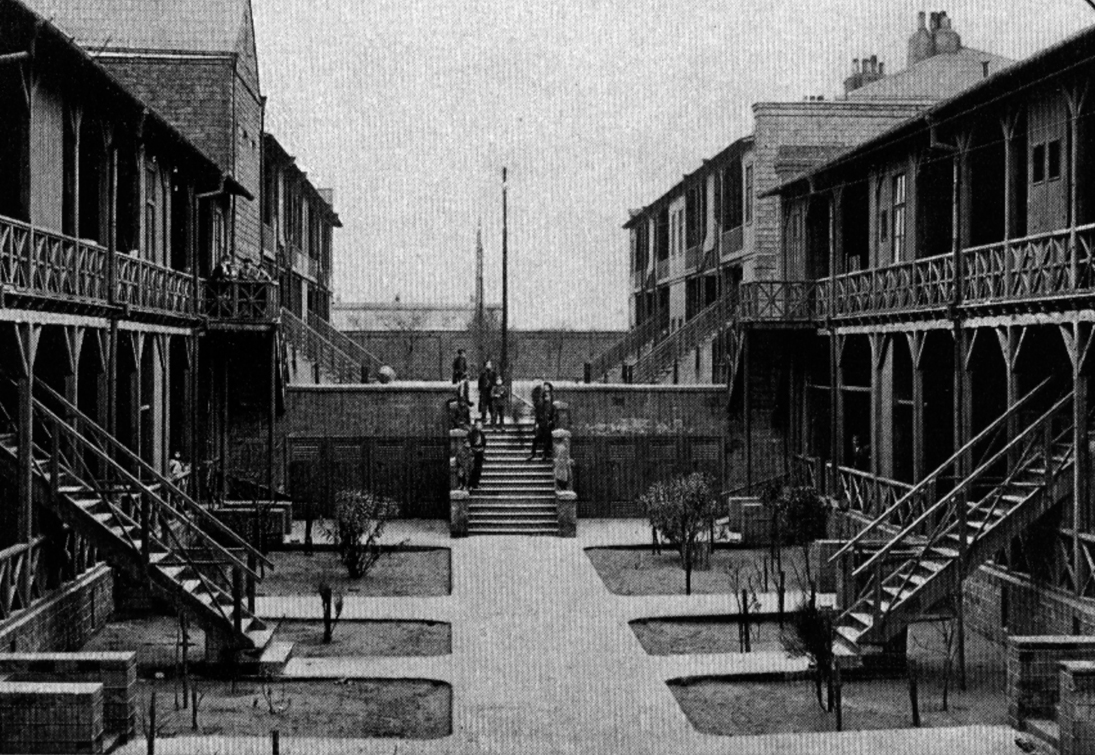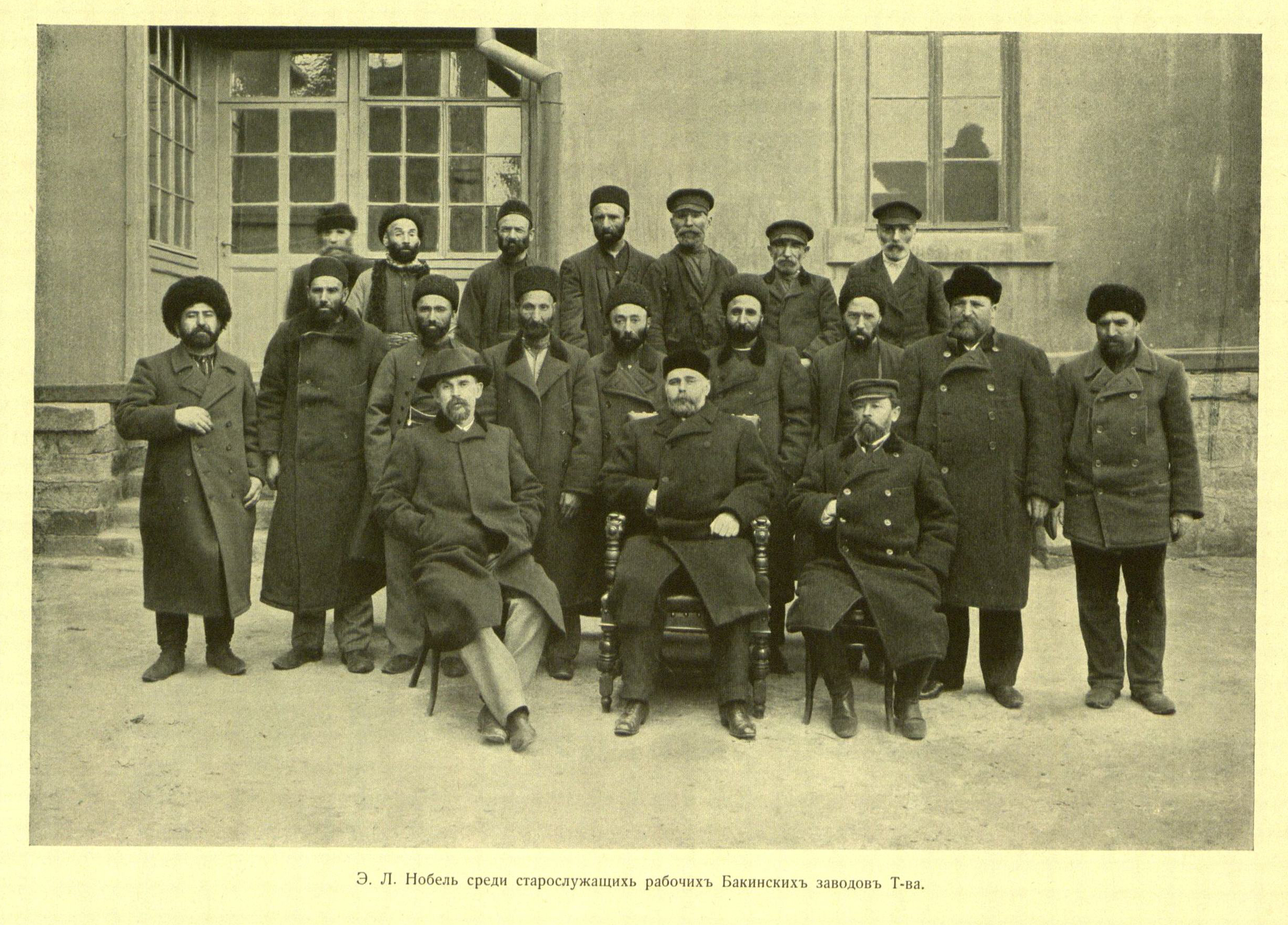One of the main factors behind the success of the Nobel Brothers Company business was the way they invited skilled, hard-working and highly professional specialists to join the company. Most of the people in the managerial staff were Swedes, but a man from Norway came to play a crucial role in the Branobel history.
Norwegian Hans Olsen came to Kronstadt to work in 1880 and met Ludvig Nobel’s sons, Emanuel and Carl, in the Russian capital. In the spring of 1887, Hans Olsen helped Emanuel to audit the accounts of the Nobels’ Scandinavian concern and proved himself to be a very hardworking and skilled specialist. After many attempts, Emanuel managed to persuade Olsen to work for Branobel in 1893. Later he was appointed Director of the External Relations Department where he enjoyed the confidence of Emanuel Nobel. He had an important role in the activity of the Supervisory Board.
While financial circles and shareholders were discussing the possible end of the Nobel Brothers Company after the deaths of Robert and Alfred Nobel, Olsen started negotiations with various European countries, which proved successful. In 1897, the Commercial Director of the Rothschild banking syndicate, Jules Aaron, visited St. Petersburg at Hans Olsen’s invitation. Olsen understood the importance of good relations with the Rothschilds and Standard Oil Company and he was the person who helped establish such relations with these companies.
After marrying Ludvig Nobel’s daughter Mina, Hans Olsen started to control the sale of oil, oil-fuel and lubricants to Russia’s markets while, at the same time, managing the external relations department of the company. Hans Olsen merged all the foreign trade agencies from different countries into one sales company to make them pursue the interests of the company rather than just that of their own offices. Clever and forward-looking, Hans Olsen understood the crucial and vital importance of the Baku branch of the Nobel Brothers Company. He arranged a meeting of all the European and US companies supplying lubricants to Europe and brought about the establishment of Société d’Armements, d’Industrie et de Commerce (SAIC) association, which became very successful.
However, this non-stop hard work affected Hans Olsen’s health. A serious illness that started in 1901 forced Olsen to move from St. Petersburg to Switzerland for treatment. In 1904, Emanuel Nobel arranged a 160-person farewell party in honour of Olsen and thanked him for bringing success to the Nobel Brothers Company. Hans Olsen did not leave the oil industry altogether. He was one of the early shareholders and board member of the company Norsk Hydro and represented the Nobel Brothers at negotiations in foreign countries.
In general, the versatile, far-sighted, efficient and highly skilled members of the Branobel Supervisory Board played a prominent part in the company’s success. Another man, who played an important role in the company’s economic growth, was Hjalmar Crussel. He was born in 1856 and was illegitimate son of Ludvig Nobel. He came to Baku in 1890 and worked as a processing engineer for Branobel. He managed the technical department until 1916 and was married to Sigrid Mellgren, one of his relatives.
Karl Wilhelm Hagelin was also one of these skilled specialists. He came to Baku in 1878 and worked under Robert Nobel’s supervision until 1883. He entered the Stockholm Royal Technical College in 1883. Seven years later he returned to Baku and was elected to the Supervisory Board of Branobel in 1899 and was appointed the manager of all the company’s fleets and concerns in Baku. In 1906, Hagelin was appointed Sweden’s senior consul to Russia.
Michael Belyamin, born in 1831 worked with Ludvig Nobel as an engineer with management responsibilities. In 1880 he was elected as a member of the Supervisory Board of the company and also held some of the most senior positions in the Branobel Company until he retired in 1899. His son, Michael Belyamin jr, was a mining engineer. In 1891 he came to Baku and two years later he was sent by Branobel to the USA to study. Back in Russia he was elected to the Supervisory Board. He lived in St. Petersburg until 1919.
Peter Bilderling, born in 1844 was born to a Courlandish noble family, received a military education and was promoted to the rank of major general. He was one of the members of the Branobel administration from 1885 and one of the members of the Supervisory Board of the company until he died.
Arthur Lessner, born in 1867 was in charge of the technical department of Branobel at the beginning of the 20th century and managed the company’s Balakhany oil fields from 1904. He was one of the company’s directors from 1914 and then managing director of the company in Baku from 1917 until 1920.

Baron Peter von Bilderling, a cofounder of Branobel and a friend of Ludvig and Robert Nobel.
(more info)



